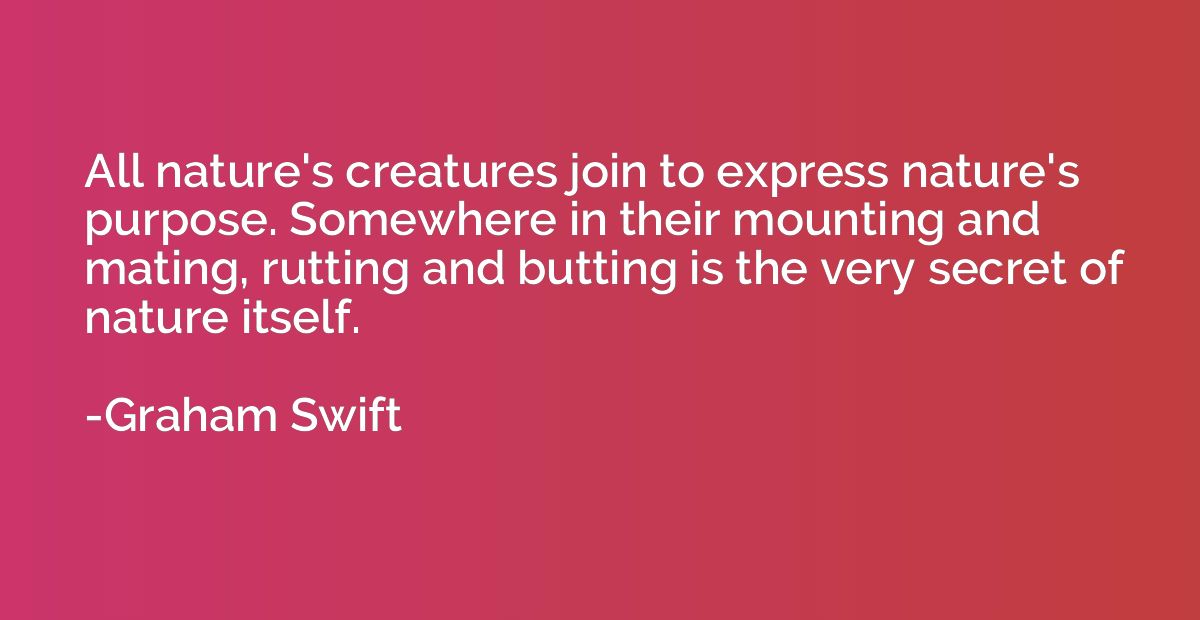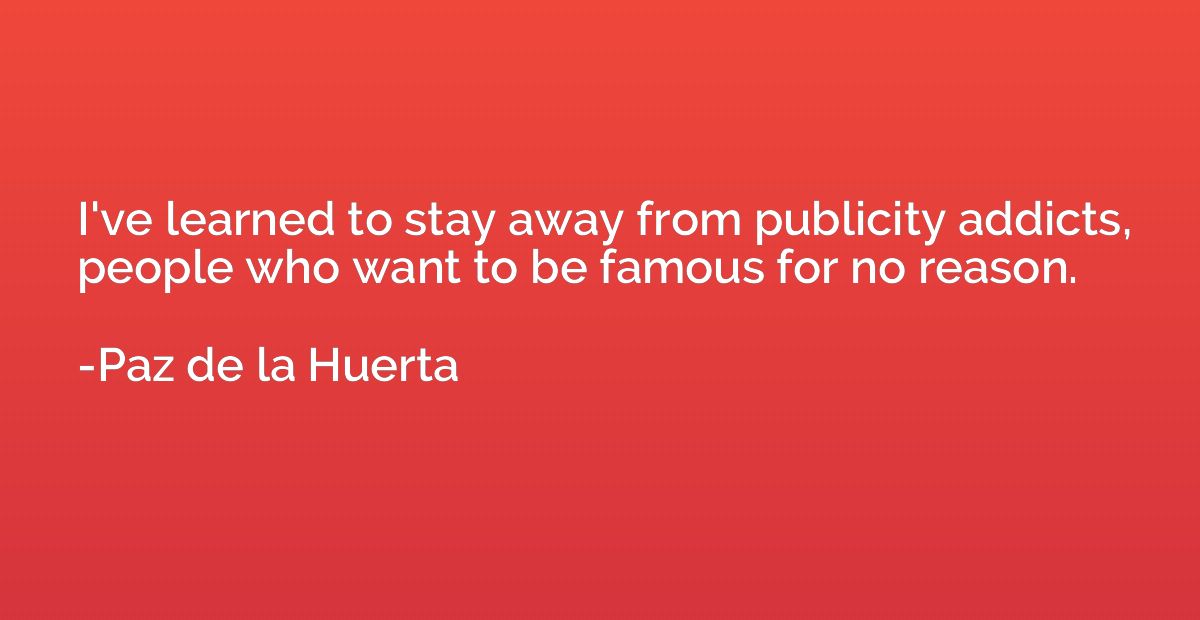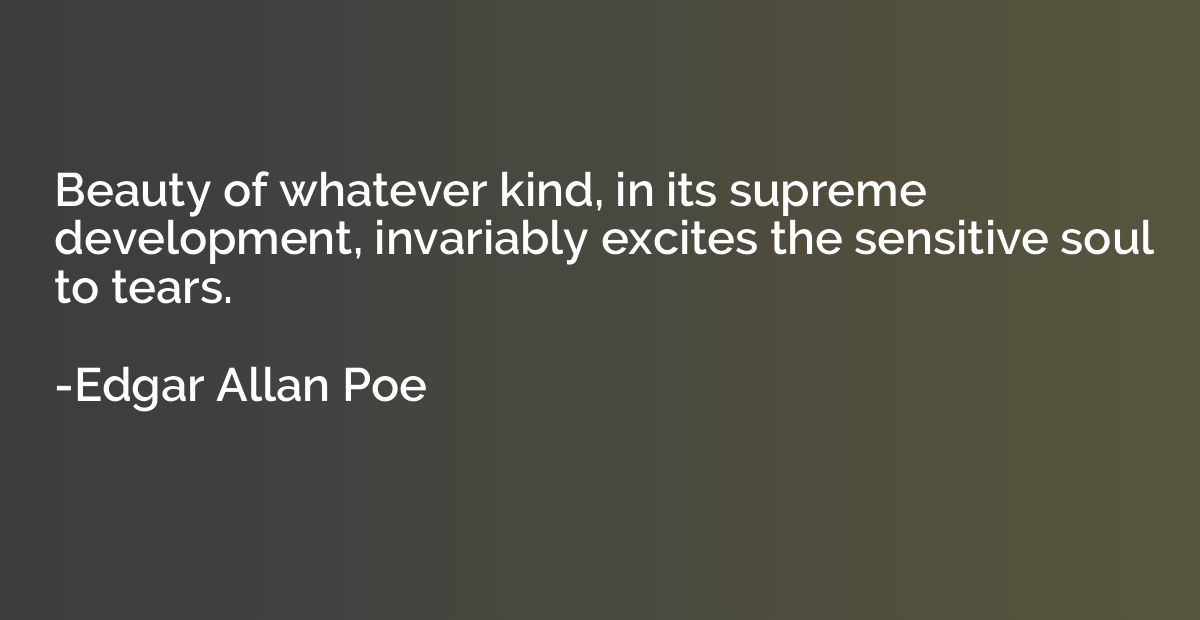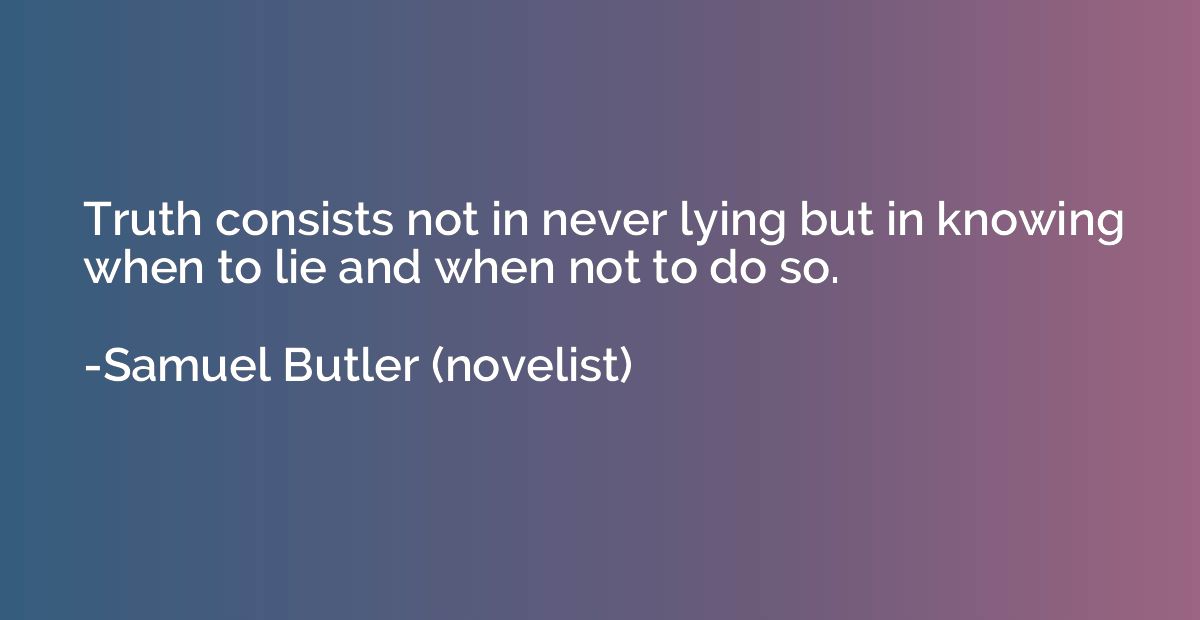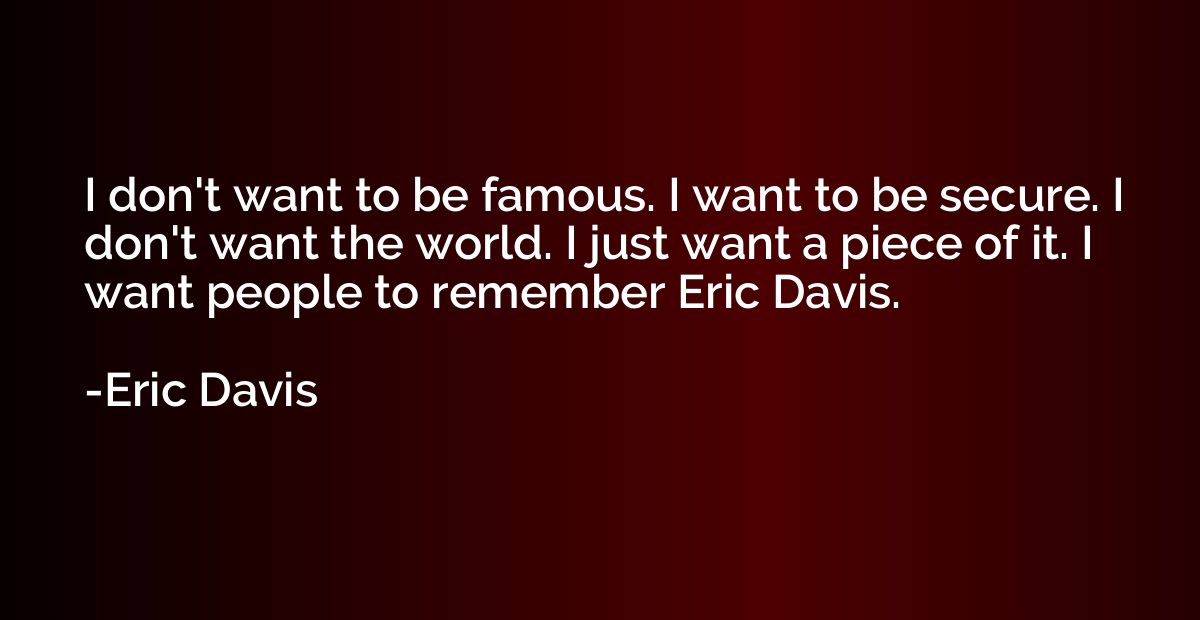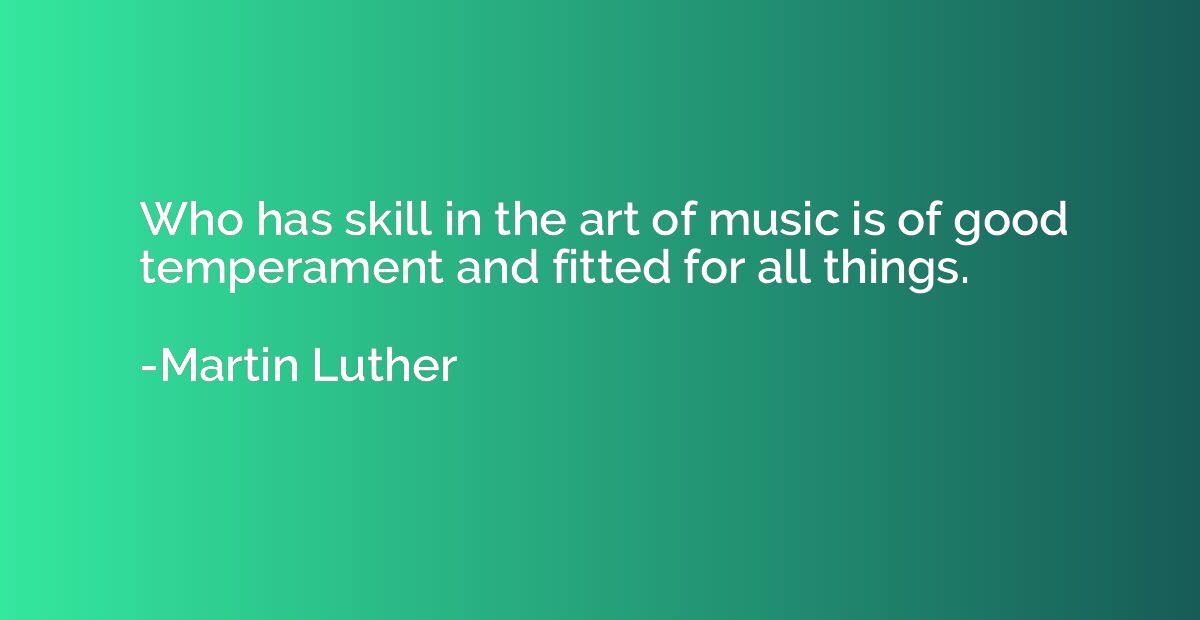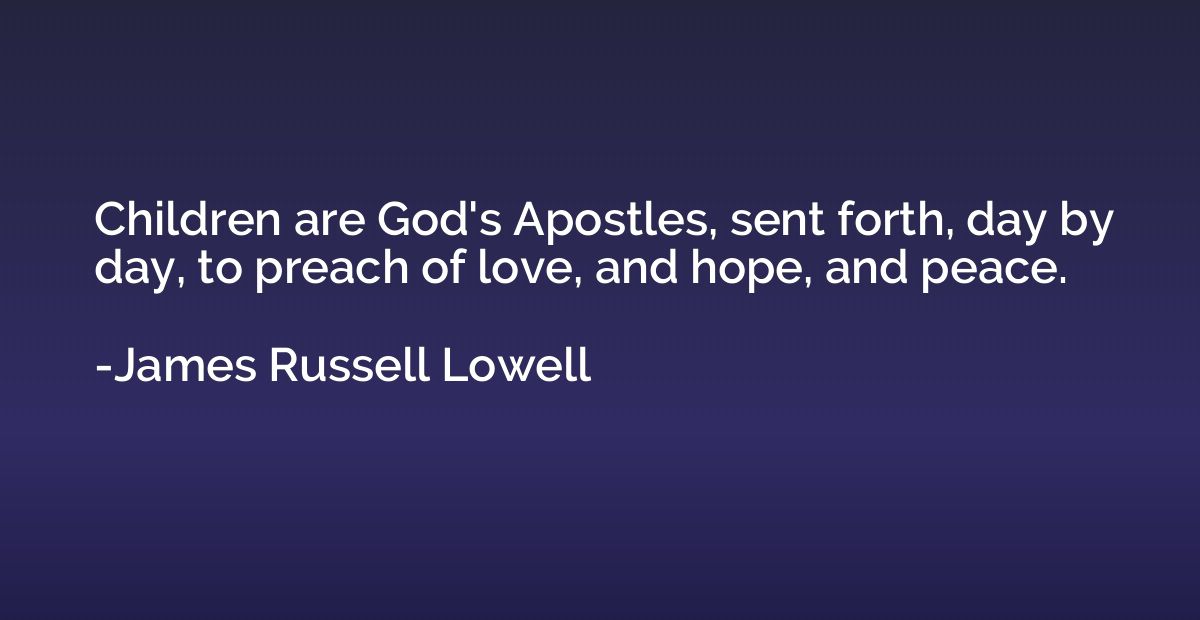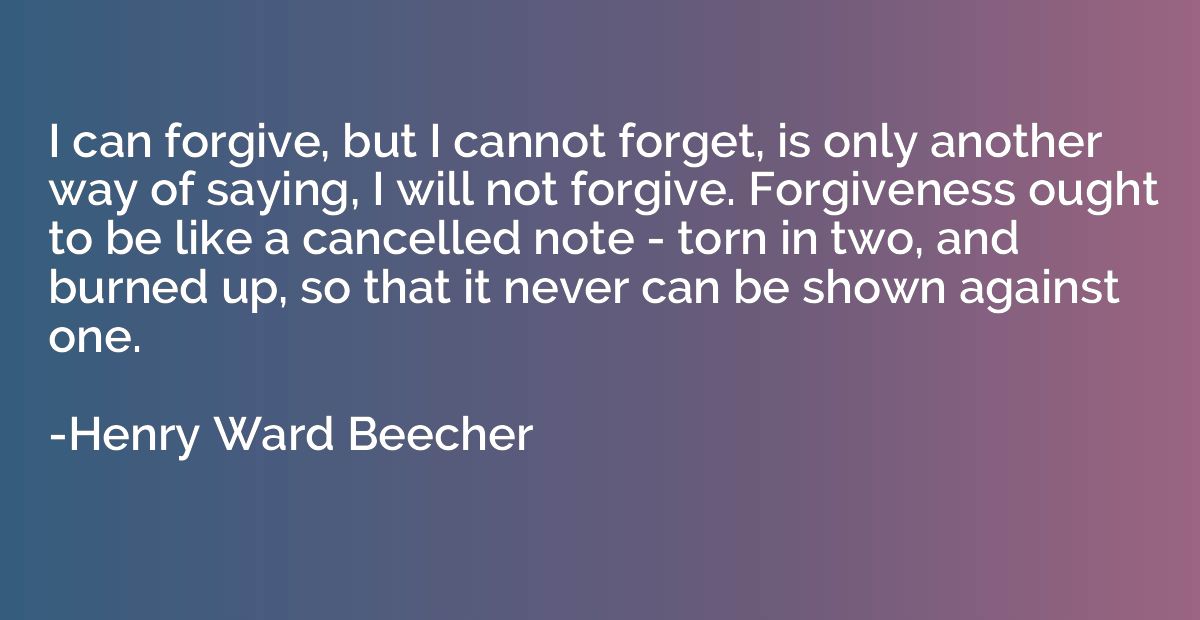Quote by Hesychios the Martyr
When the heart has acquired stillness, it will look upon the heights and depths of knowledge , and the intellect, once quieted, will be given to hear wonderful things from God.
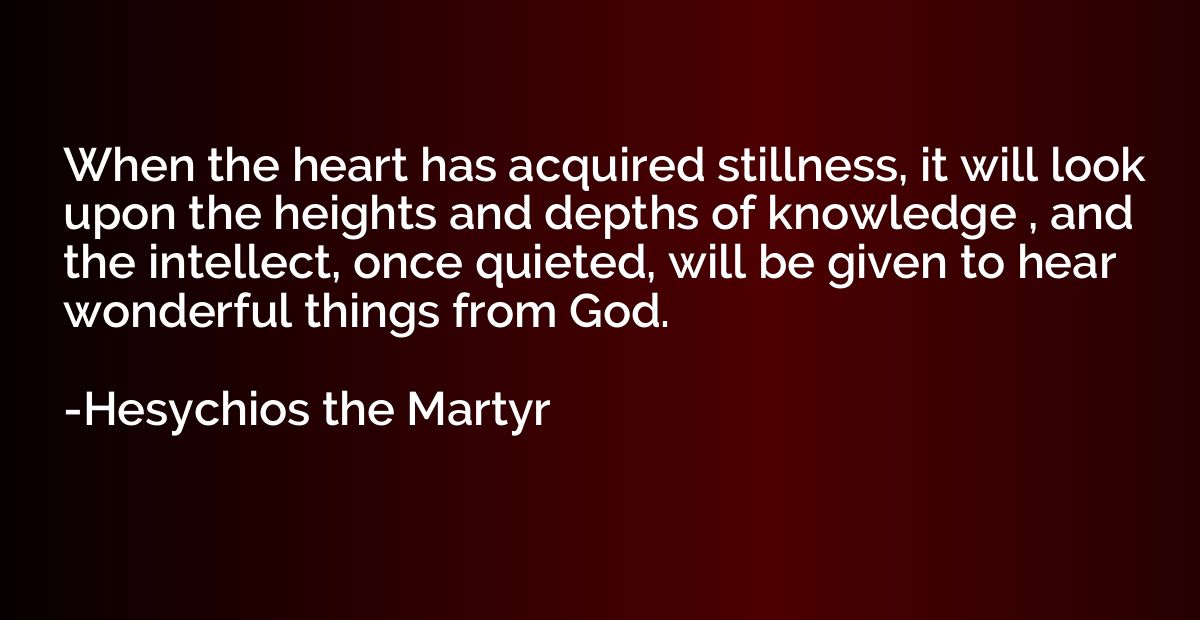
Summary
This quote emphasizes the importance of inner tranquility and stillness of the heart. When we are able to find peace within ourselves, our perspective expands and we gain access to profound knowledge and insights. By quieting our intellect and calming our thoughts, we open ourselves up to hearing divine wisdom and experiencing the wonders that come from connecting with a higher power or source of spirituality. It suggests that true enlightenment and understanding can be achieved when we achieve inner calmness and openness to receive divine messages.



